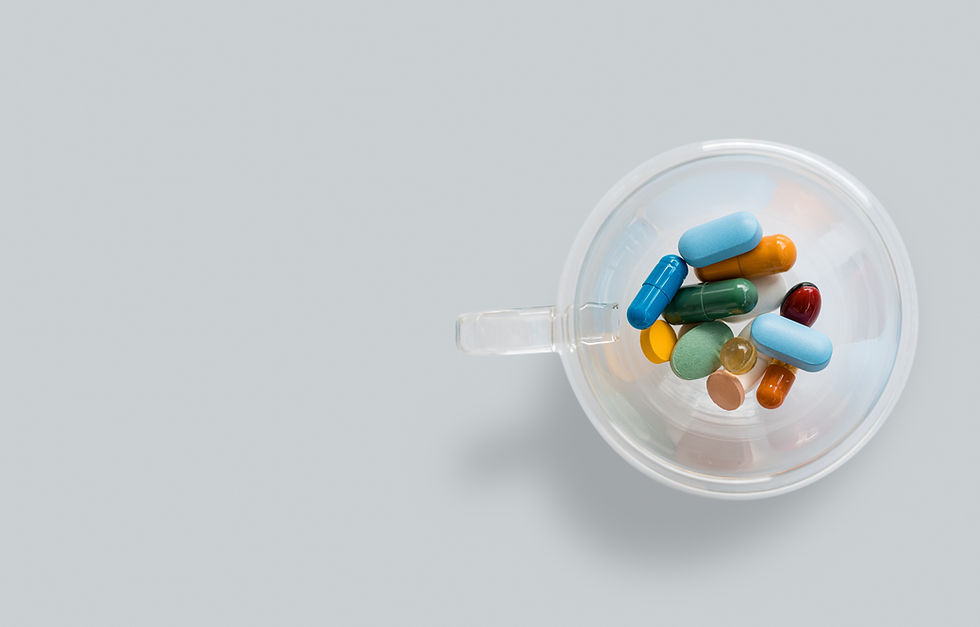
There tends to be much talk every winter about how we might protect ourselves against the bugs, colds and flu’s that we pick up on public transport, in bars/restaurants and that kids bring home from school.
This is of special concern to the endurance athlete who likely has a training schedule to stick to, and an event or events booked in the calendar. We do not want to get sick, and if we do, we want it to cause as little disruption to our life and training as possible.
It makes sense then that we might decide to pile in with vitamin C and other “antioxidant” supplements in order to “boost our immunity” and ward off these bugs.
While it is certainly correct that antioxidants such as vitamin C can be helpful to our immunity and may lessen the likelihood and severity of these illnesses, the situation for the endurance athletes, or any athlete for that matter, is slightly different than for the “general population”.
While most amateur athletes do belong to the general population, those with particularly ambitious training and competition plans often have one foot in what could be described as the semi-professional arena.
We train because we want to get faster, stronger, fitter etc. These improvements in our physical condition are called training adaptions and are driven by our body’s inflammatory response to vigorous training.
Training causes oxidation and inflammation in our tissues, and in response our body turns up its own internal antioxidant production system to repair the damage, and in the process the body becomes stronger.
Without this oxidation and inflammation we would not make performance gains. If we then drown our system in antioxidant supplements such as vitamin C we can actually blunt the training adaptions we are seeking. This in turn can harm our performance.
In general for this reason it is advisable for athletes to get antioxidants from a diet rich in fruit and vegetables as opposed to from supplements. “Eat the Rainbow” is a good mantra…..include as much colour in your fruit and veg selection as possible.
Tea and coffee drinkers will also be glad to know that both drinks supply a decent amount of dietary antioxidants. In order to get the most antioxidant benefit it would be advisable to choose freshly ground coffee over instant granules.
If an athlete who is seeking performance gains does want to take vitamin C it is advisable to limit it to no more than 250-500mg per day. Many of the dissolvable vitamin C tables are 1,000mg vitamin C per tablet.
In reality our bodies find it difficult to absorb any more than 250mg of vitamin C in one dose anyway. Any more than that in a single sitting does little else than create expensive urine, not to mention that high doses of vitamin C can contribute to the formation of kidney stones for some people.
I hope that you found this article useful. If you have any questions or comments or would like personalised support on any of the topics mentioned above, please feel free to get in touch for a free introductory call.
Paul Kinsella,
Registered Nutritional Therapist
BANT Registered Nutritionist
Copyright, 2023.
www.optimal-health.ie

Comments